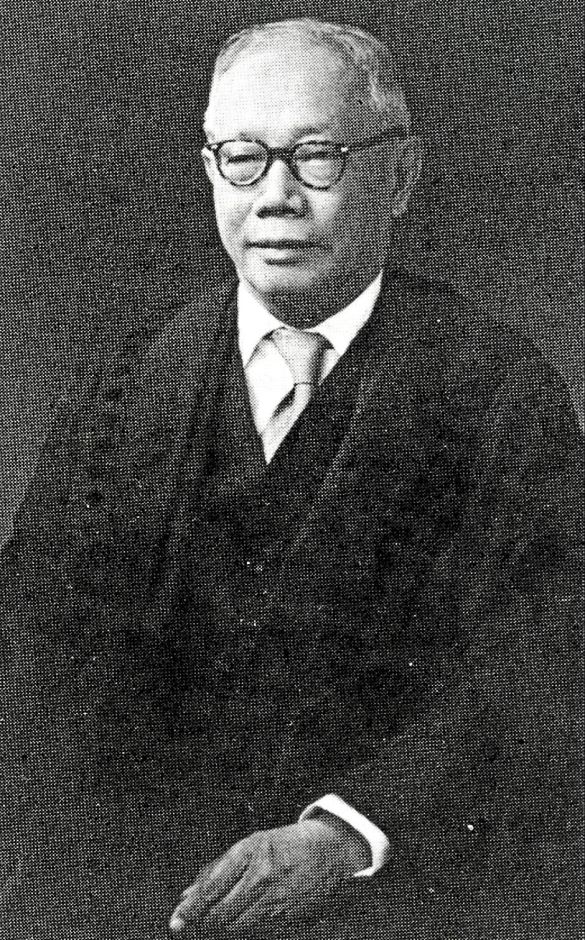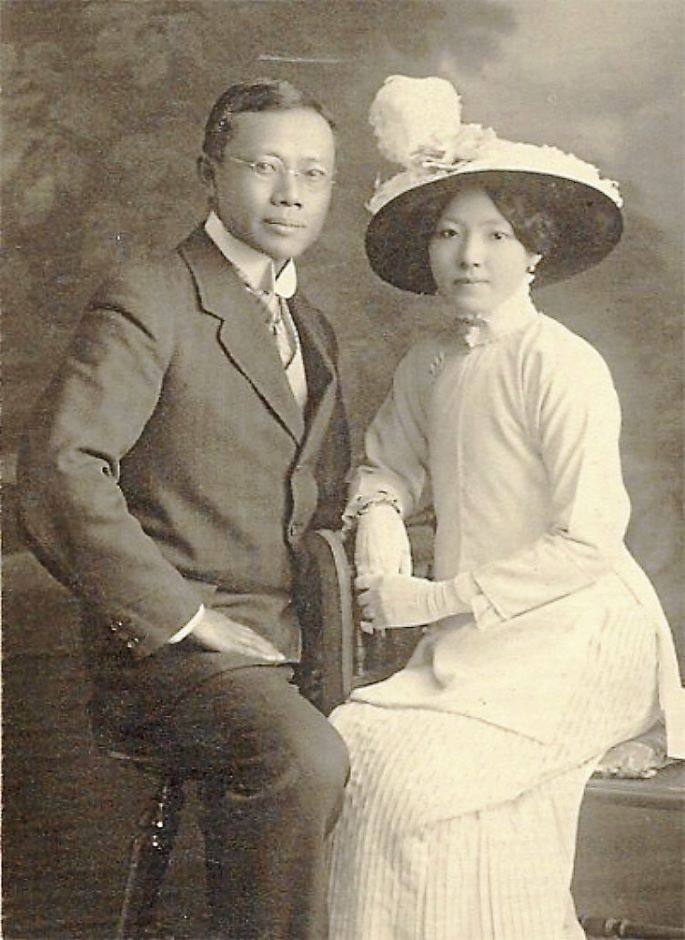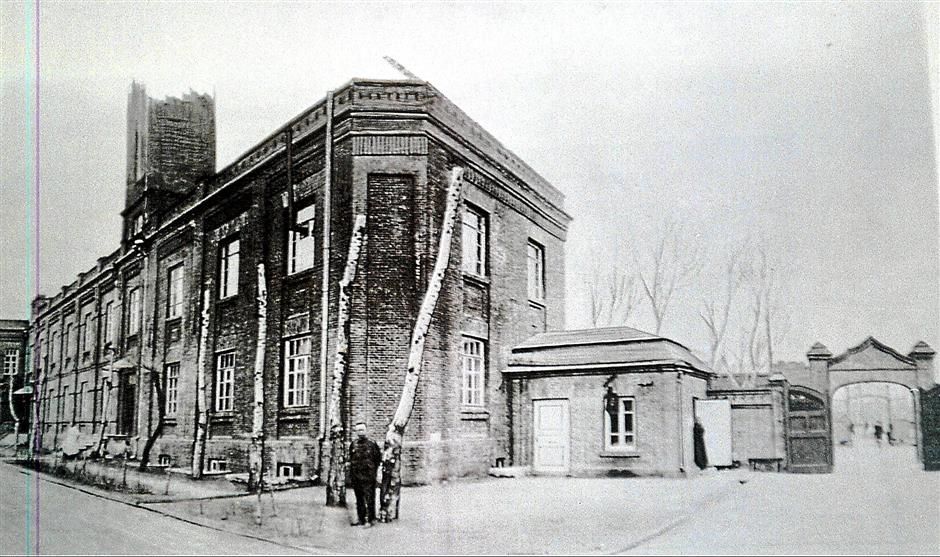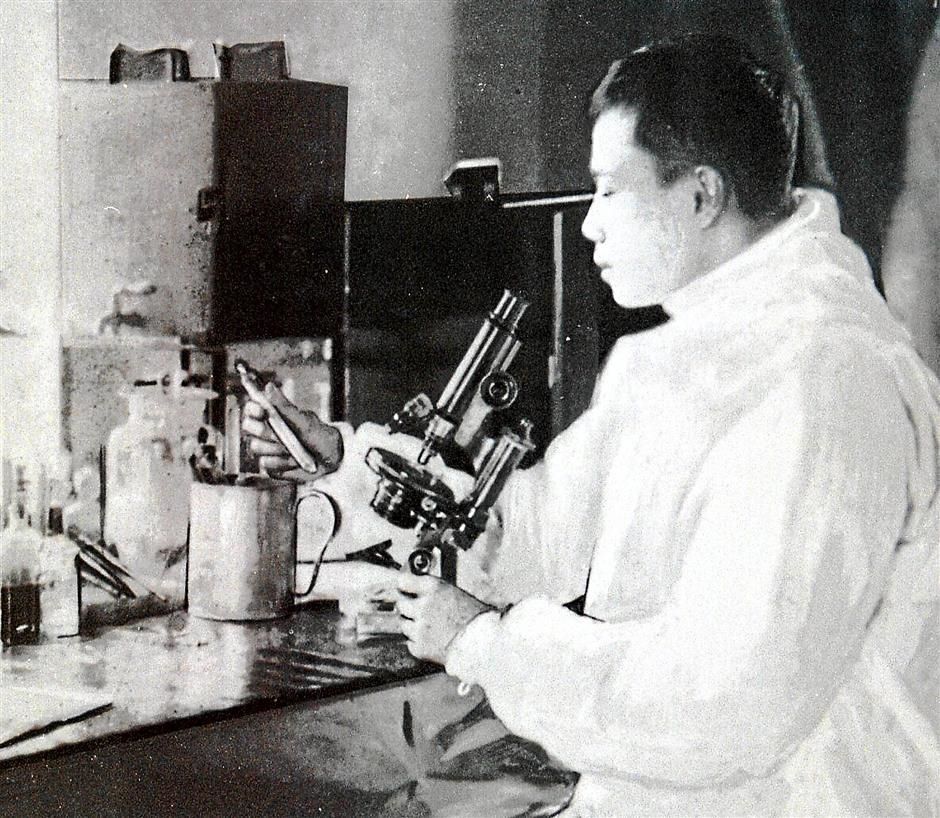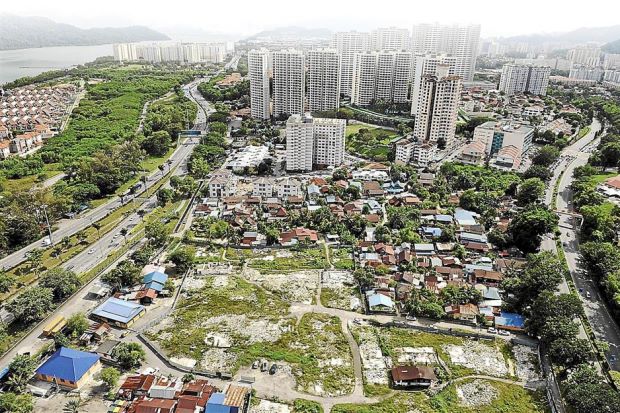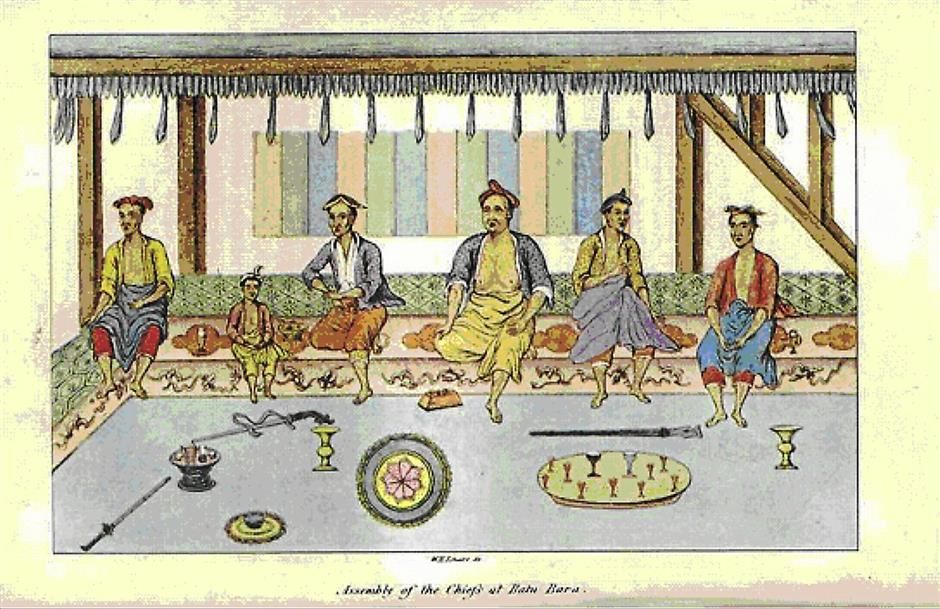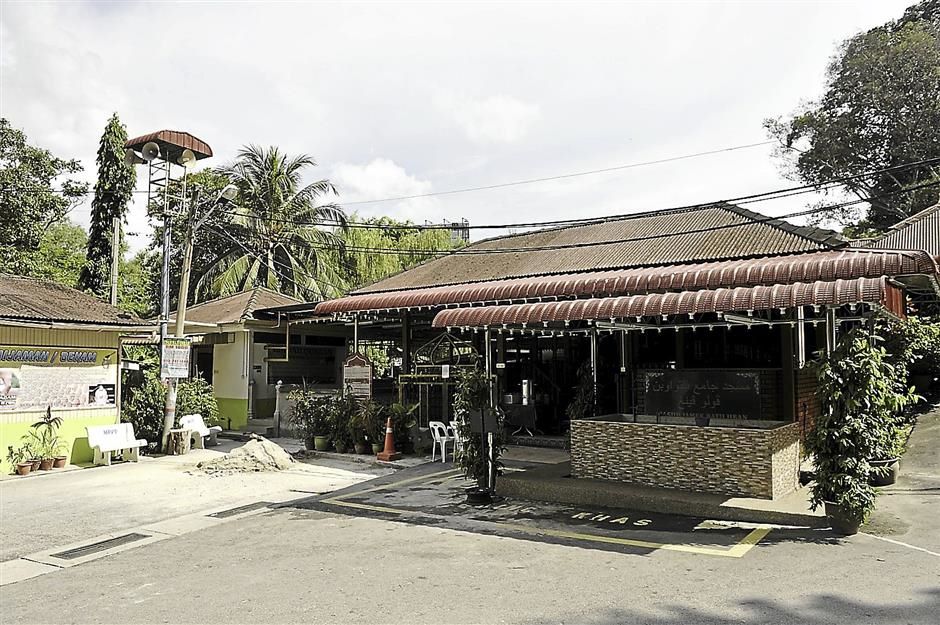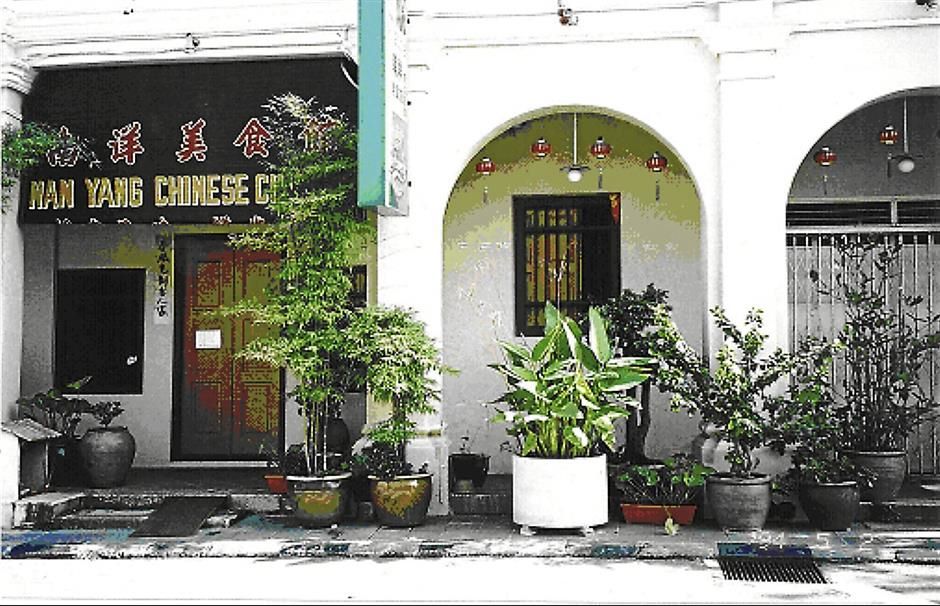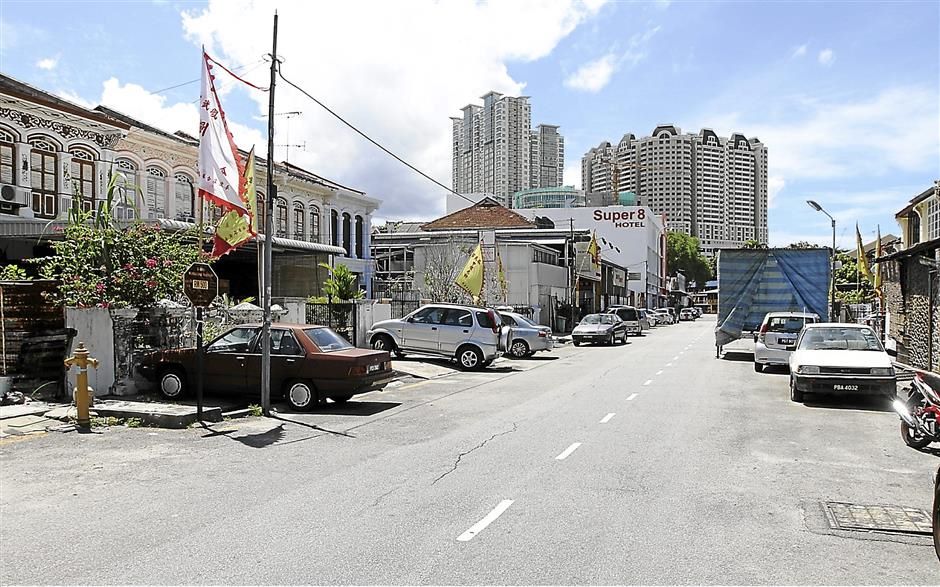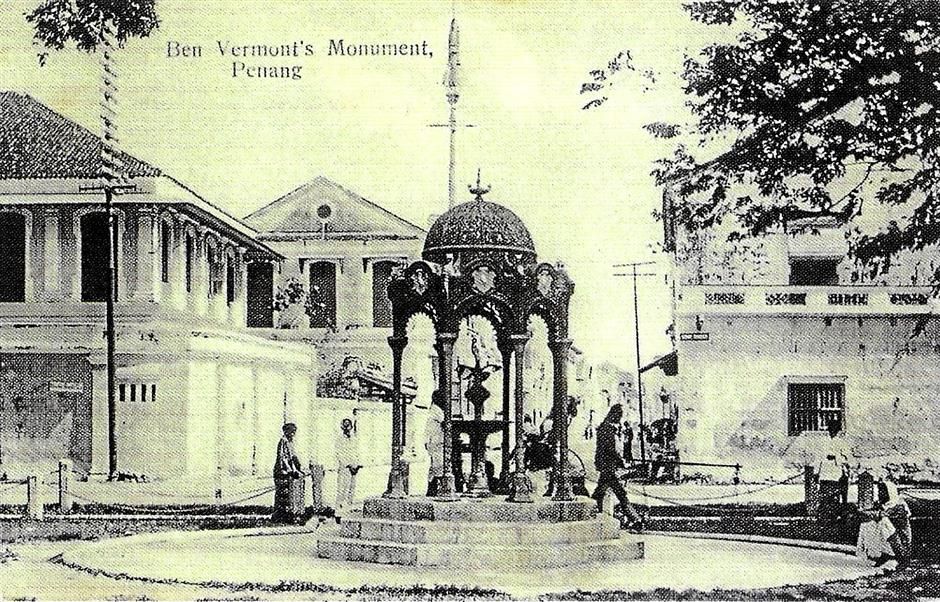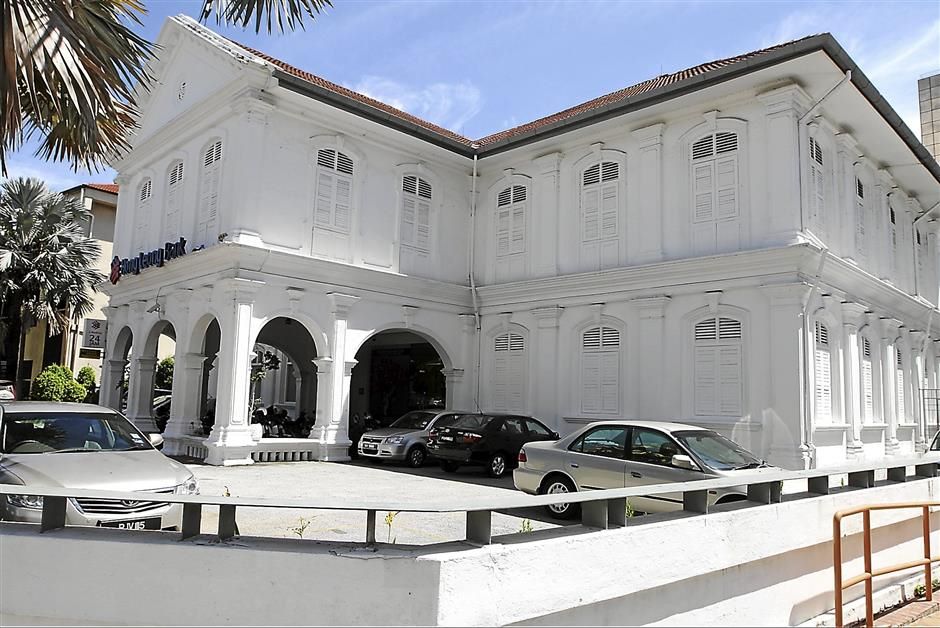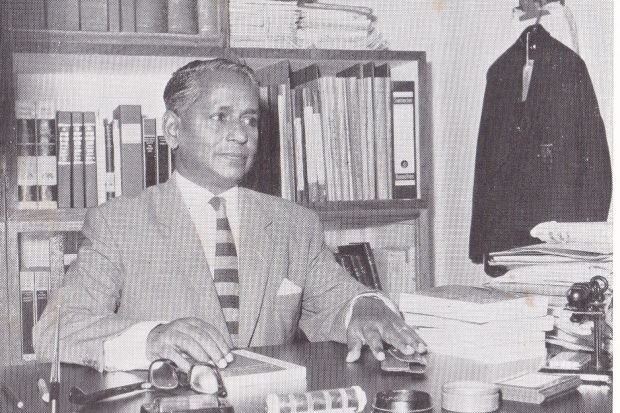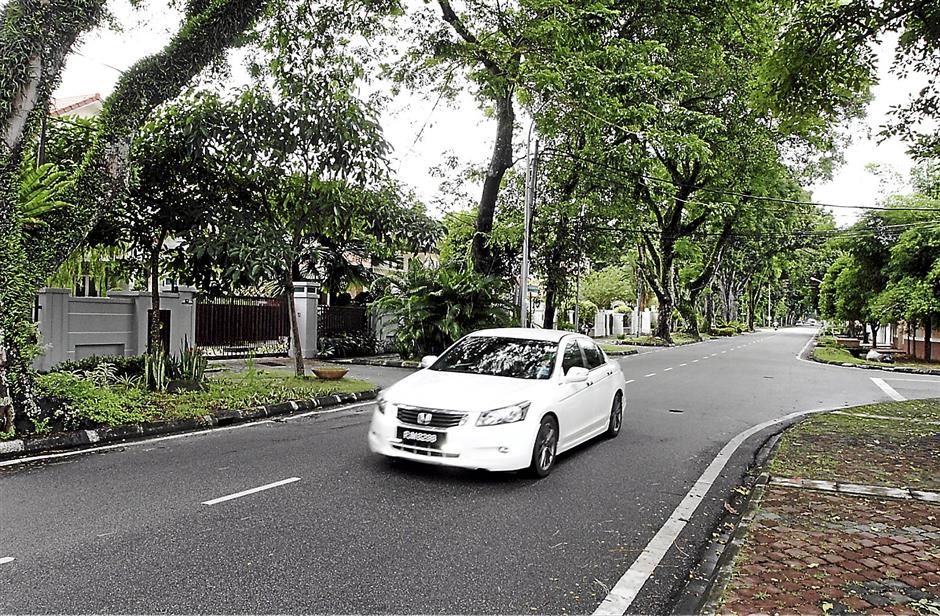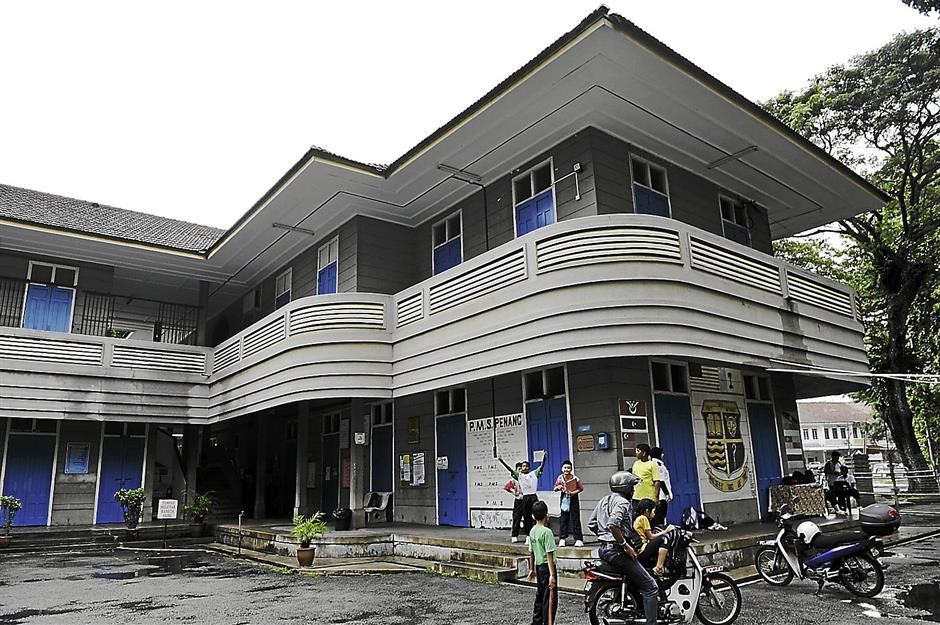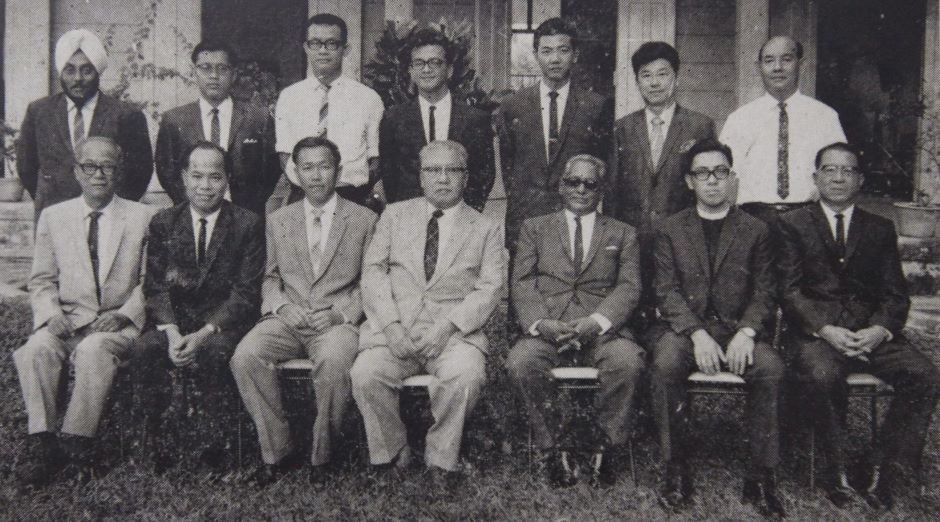At annual political party gatherings, we hardly ever hear any rational or clever discussion on the economy and on how we as a country should move forward in a global competitive environment.
IT always troubles me – and I am sure many Malaysians feel the same too – when politicians, especially those belonging to parties involved in the governance of the country, cannot go beyond talking politics.
If you follow the proceedings of the annual general meetings of our political parties, you will find that the state of the country’s economy is hardly given any priority.
Speakers at such meetings, sometimes called general assemblies, prefer to stick to political issues. They play to the gallery and engage in attention-grabbing rhetoric so that they can be guaranteed media space to reach a far bigger audience beyond the meeting hall.
We have seen them all. From apple polishing their leaders to making outrageous demands, some think they can play the jester but what they think is funny can be hurtful at times.
Sure, time is allocated for debate on the economy but more often than not, the speakers cannot see the big picture. Instead, it is always about how the various communities should share the pie, or who should get the lucrative contracts and projects.
The Opposition, on the other hand, seems to criticise for the sake of it, without providing a viable, alternative Budget. At their annual general meetings, the economy is also low on the agenda.
And yet, in a most ironic way, the Budget speech gets extensive coverage and is probably the most analysed event of the year.
At the annual political party gatherings, we hardly ever hear any rational or clever discussion on the economy and on how we as a country should move forward in a global competitive environment.
But the reality now is that the cake is shrinking. There is really no point talking about how we should split the cake if we cannot even bake it well.
And so we spend time quarrelling over issues that do not contribute to productivity nor help to strengthen the country’s race relations.
Our politicians are known for their foot-in-the-mouth syndrome and we have become notorious for making announcements first before studying their ramifications.
Be it a policy or a law, the tendency is for our leaders to announce it first, wait for the reaction and, if negative, review, back track or simply scrap it. Not only is the damage already done, we also give the world the impression that we do not give enough thought to all these serious matters.
Budget 2014 was tabled on Friday and it did not come as a surprise that our operating expenditure has escalated. In simple language, we are spending more than what we are earning.
Faced with such a situation, anyone running a business would be looking for ways to reduce his expenses, cut costs and find ways to improve his revenue streams.
Our politicians promised too much in the elections and now they have to deliver. Unfortunately, the cost of their populist approaches has to be borne by the people, primarily those who pay tax whether as individuals or as companies.
The government has to dig into the savings to pay for all these so-called goodies, and common sense tells us that when we have to use our hard-earned savings, that’s not very good economics.
Unfortunately, in a country of 28 million people, our tax base is small as only a million people, the majority of them in the middle class, are paying income tax. There’s something wrong with our tax regime.
The rich can take care of themselves, as they say, while the poor will be taken care of, but the middle class are, well, stuck in the middle. They feel it the most because they cannot escape from paying income tax while having to wrestle with the cost of living expenses.
They are not like the rich who continue to live a privileged life come what may, and they are not poor enough to get any form of state support.
Our problem is that while the rich can indulge in spending a fortune on luxury goods, they also benefit from the subsidised daily necessities like petrol, sugar and flour.
Which is why the better and fairer way would be to implement the Goods and Services Tax (GST) so that one is taxed based more on consumption habits and patterns. The GST, in widening the government’s tax base, will also hopefully provide funds for the poor.
The GST has been fixed at 6% effective from April 1, 2015. At the same time, individual income tax rates would be reduced by one to three percentage points while corporate income tax rate will be reduced by one percentage point from 25% to 24%.
Some politicians have already seized on the GST as a political weapon, which is really sad because so many countries in Asean, including Indonesia, Vietnam and Cambodia, have already implemented it. In fact, more than 160 countries are now enforcing the GST.
It makes sense to spread out the taxation base because those who spend, including tax evaders and prosperous businessmen-hawkers who don’t pay income tax, will now be paying tax via the GST.
No one is going to pay GST for a packet of nasi lemak or char koay teow. There will be some 3,000 exceptions or zero-rated products such as food items when the GST is implemented.
The bottom line is that basic products and services including rice, sugar, salt, piped water supply, bus, train, health services and highway tolls will not be included in the list.
Tourists should also be allowed to make tax deductions if they spend more than a certain amount to promote Malaysia as a shopping haven.
Rather than fight the GST, our politicians should spend more time ensuring that the public’s money is well managed and spent without wastage and leakages.
It makes Malaysians angry reading about the blatant disregard for public money that are highlighted each year by the Auditor-General. There is also this feeling of hopelessness that nothing is done about the culprits.
These are criminal acts, not mere negligence or stupidity. In the private sector, the culprits would have been hauled up and sacked.
But government servants don’t get sacked. Malaysia has one of the largest civil service and the payroll keeps increasing. It shot up by 20% last year – perhaps to ensure they remained committed to the ruling party. Malaysia needs more entrepreneurs who can create jobs. Not pen pushers.
Malaysians are also sick of reading about projects whose prices seem to be over-inflated because the perception is that too many palms need to be greased. Corruption has to be taken seriously if we want the people to support any move to be prudent.
There are many issues concerning the economy that our politicians can focus on and give meaningful suggestions. They need to get their act together, regardless of their political allegiance.
Focus on the economy, please.



